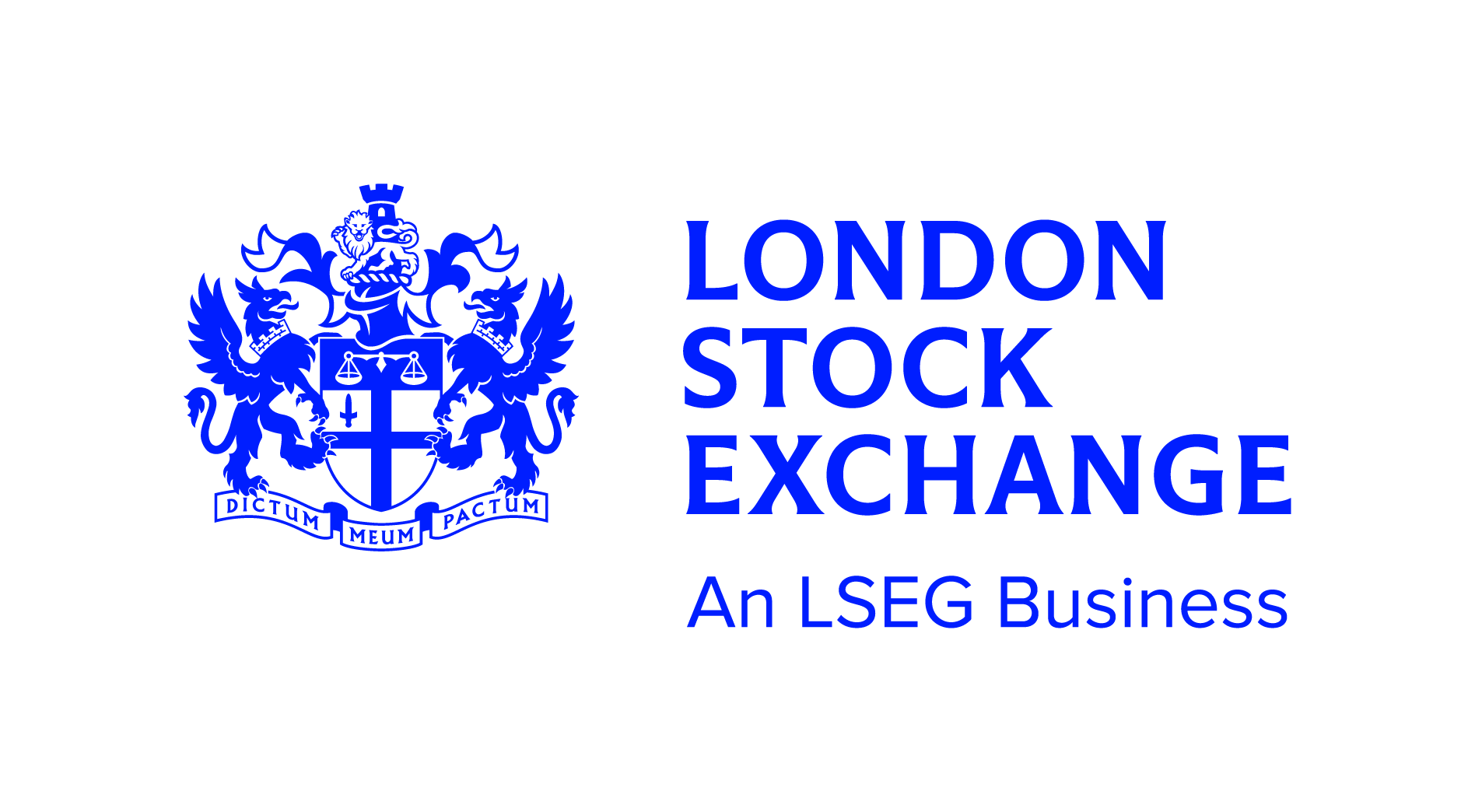The UK has seemingly softened its stance towards cryptocurrency exchange-traded products (ETPs) after the Financial Conduct Authority (FCA) unveiled changes to the listing rules, however, the regulator is still under pressure to allow access to retail investors.
Crypto ETP issuers will likely flock to launch on the London Stock Exchange and Cboe UK following the regulator’s decision earlier this month, but industry figures continue to push for broader access.
While UK professional investors can access crypto ETPs listed in Europe – and now in the UK – questions remain around whether retail investors will be given access.
The approval of bitcoin ETFs by the Securities and Exchange Commission (SEC) earlier this year has cast a spotlight firmly on the UK’s anti-crypto ETP stance, as it remains one of a handful of global regulators banning retail access.
The FCA outlined its stance in 2020 when it banned the sale of crypto-derivatives and exchange-traded notes (ETNs) to retail investors. However, the industry argues such a position pushes retail investors into more risky direct exposure.
Benjamin Dean, director for digital assets at WisdomTree, said: “The challenge with a blanket ban is that it risks pushing retail investors offshore or into sub-optimal options, both of which carry their downsides.”
The regulator’s approach has put it at odds with the UK government, which has looked to champion the UK as a crypto hub and set out a framework in which it hopes to become a global leader.
Tim Beven, CEO of ETC Group, said the UK is now an outlier when it comes to its crypto offering as European nations now with three-year track records. “The UK’s is a position increasingly isolated, and somewhat surprising post-Brexit where it seems is they would want to take more of a lead,” he added.
Pressure on the FCA
Following the approval of spot bitcoin ETPs by the SEC in the US, Sean Tuffy, crypto industry expert, believes the FCA facing pressure from “all sides” to relax its rules.
“It would not surprise me if there was some amount of pressure being applied by the UK government, but I am not hopeful in the short to medium term the FCA is going to change its position,” Tuffy said.
“There are many crypto firms, probably US ones too who have set up UK operations and I am sure are lobbying them too. The FCA will be under a lot of pressure, and it will be interesting to see if they hold their line.”
Monica Gogna, UK head of financial regulation at EY Law, agreed the industry is engaging but urged them to take a pragmatic approach with the regulator.
“I would always encourage the industry to raise questions around the practical implementation and demonstrate to government and regulators the real impact of these types of new assets,” she said. “It is about explaining if you do think it is beneficial to retail investors, why it is beneficial.
“I have seen reports over the past year that help bolster the understanding for all sides of the ecosystem. That is where ETFs are unique because the industry does engage.”
Dean added he is “encouraged” by the focus regulators are paying to the space but that some global watchdogs were being more proactive on the issue.
“Most jurisdictions are actively working to bring cryptocurrency-related activity under the regulatory umbrella – investment products that trade on regulated venues is a great way to do this.
“That said, not all regulators are moving at the same pace and their focus within the crypto space is not aligned, with some more focused on service providers than investment products.”
FCA’s ‘prescriptive’ listing rules
One area of progress has been to allow issuers to cross-list their products on the LSE and Cboe UK, but industry experts have questioned its scope.
To list on the LSE, crypto ETNs must be physically backed, non-leveraged and offer exposure to bitcoin or ethereum only.
According to Bevan, the LSE has filed a“very conservative” proposal to the FCA, incorporating its no retail rule and other restrictions around product structure such as being physically backed and 100% collateralised with regulated custodians from“certain jurisdictions”.
“It is quite a prescriptive regime,” he said. “The big step closer was London Clearing House being able to clear bitcoin and ethereum ETPs. They are clearing at 100% so it is very capital inefficient versus other markets which are generally around 40-50%.
“I question how successful a segment [LSE listings] would be with this level of restriction."
Tuffy agreed, adding: “We have not seen the demand.”
Is the mood music changing?
According to Gogna, regulatory developments over the past few months – mainly in relation to stablecoins – highlight how the FCA is making progress in the area.“There is definitely momentum around crypto,” Gogna said.
“The mood music appears to be changing towards digital assets in a way it has not previously.”
Despite this, Gogna said there is still some clarification needed around where digital assets sit as a regulated financial instrument but that it has been working with clients to interpret where they fit in the UK regulatory sphere.
“From a UK perspective, there is no clear definition or category for digital assets, but there has been clarification and interpretation by legal practitioners and also the Law Commission, providing some level of clarity,” she said.
“Specifically in terms of ETPs and ETCs, the UK has become more open in terms of its dialogue on digital assets and crypto, but no product has yet been launched and approved by the FCA.”
Gogna anticipates the industry could be looking at a timeline of 18 months or longer before we see the regulator approve a crypto ETP.
Tuffy also believes we are still a long way off UK investors being able to get access to a UK-domiciled crypto ETP, but not just because of the regulator’s stance.“Around the broader question of whether there will be a UK domicile ETF, it is doubtful we will see a change in the rules,” he said.
“It is also doubtful for the same reason as it is just not that attractive a market.
“Even if the FCA were to reconsider its position around crypto ETPs, the likely outcome would just be UK investors gaining access to existing European ETPs.”
This article first appeared in ETF Insider, ETF Stream's monthly ETF magazine for professional investors in Europe. To read the full edition, click here.








